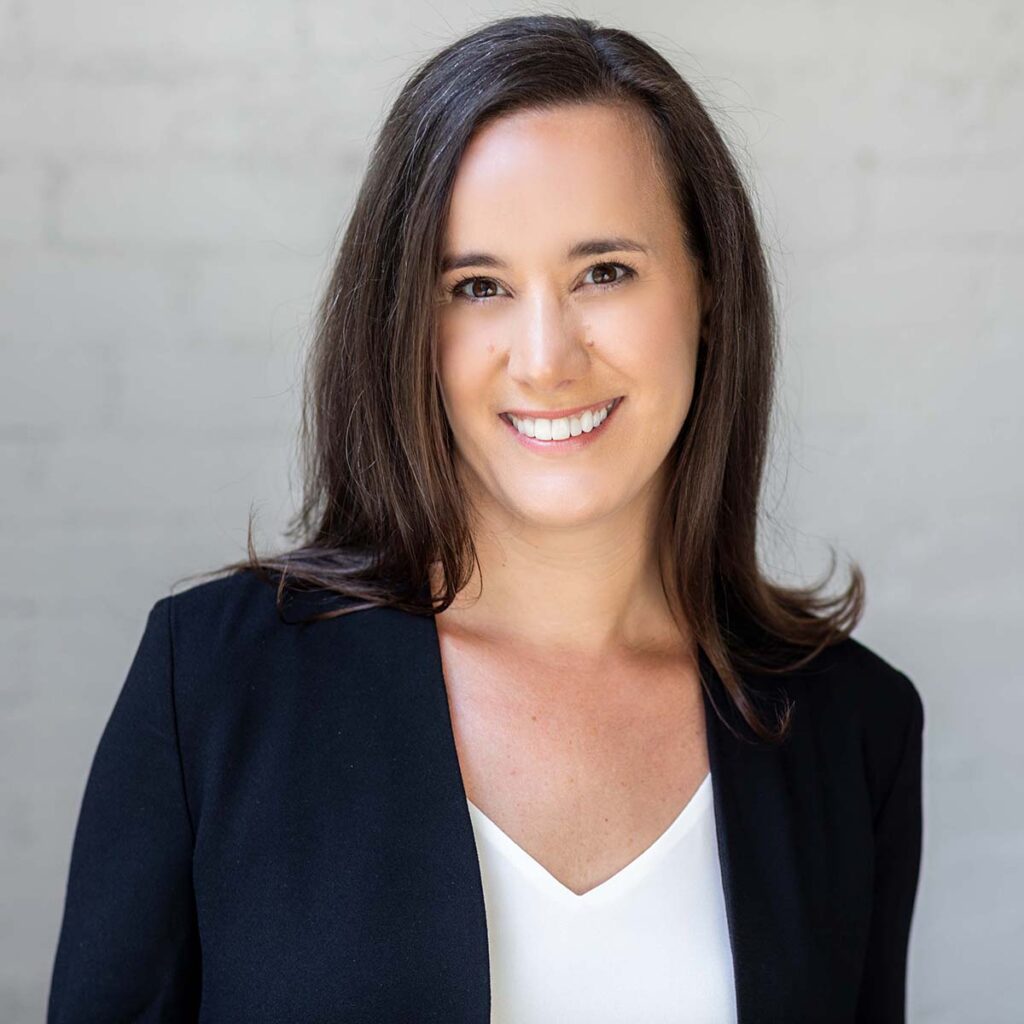SMU Law Professor Empathizes With Desperate Migrants
Natalie Nanasi troubled by Biden administration’s new asylum regulations
Natalie Nanasi views challenges on the southern border from an academic and personal perspective.
The SMU Dedman School of Law professor arrived with her family from Hungary in the early 1980s and went to law school knowing she wanted to use her degree to help other immigrants.
She directs the Judge Elmo B. Hunter Legal Center for Victims of Crimes Against Women.

“I work a lot, for example, with immigrants who have been victims of crime here in the United States and cooperate with law enforcement in the investigation or prosecution of those perpetrators,” Nanasi said. “That is a category of people that I would hope most people would agree we would like to keep here in the United States.”
The immigration law expert views the new border regulations the Biden administration implemented since Title 42 ended as problematic.
Title 42, an emergency health authority that began under the Trump administration in 2020, allowed U.S. officials to turn away migrants at the U.S.-Mexico border to avoid the spread of COVID-19. Centers for Disease Control and Prevention declared it no longer necessary.
Nanasi views as most problematic a rule that would require immigrants passing through other countries to seek asylum in those nations first.
“A lot of the transit countries, including Mexico, are, quite frankly, just as dangerous for asylum seekers as the countries that they’re coming from,” Nanasi said. “The legal systems in these countries — the asylum systems more specifically –– may not be appropriately robust and able to handle their claims.”
Another measure would have migrants use the mobile app CBP One to schedule processing time at their port of entry.
“You can imagine that a typical asylum seeker who is fleeing their home country, oftentimes — because again their lives are in immediate danger — may not have access to the technology that they need, (or) may not be able to navigate an app,” Nanasi said.
In her work, she sees many people who don’t yet have the necessary skills to use the app.
“You know, I work with a lot of clients who are illiterate, who don’t have high levels of education, who don’t have high levels of technology proficiency,” she said.
Politics have cast migration in a bad light, but immigration is not a bad thing, Nanasi said.
She urges people to remember their humanity because, ultimately, the U.S. is a nation of immigrants.
Many of those arriving at the border have faced hardship at home and on their journey and come hoping for a better life, only to encounter backlogs in immigration courts that make the process challenging to navigate.
“Right now, the wait time to get that visa is over 10 years,” she said. “You start to understand why desperate people take desperate actions.”








